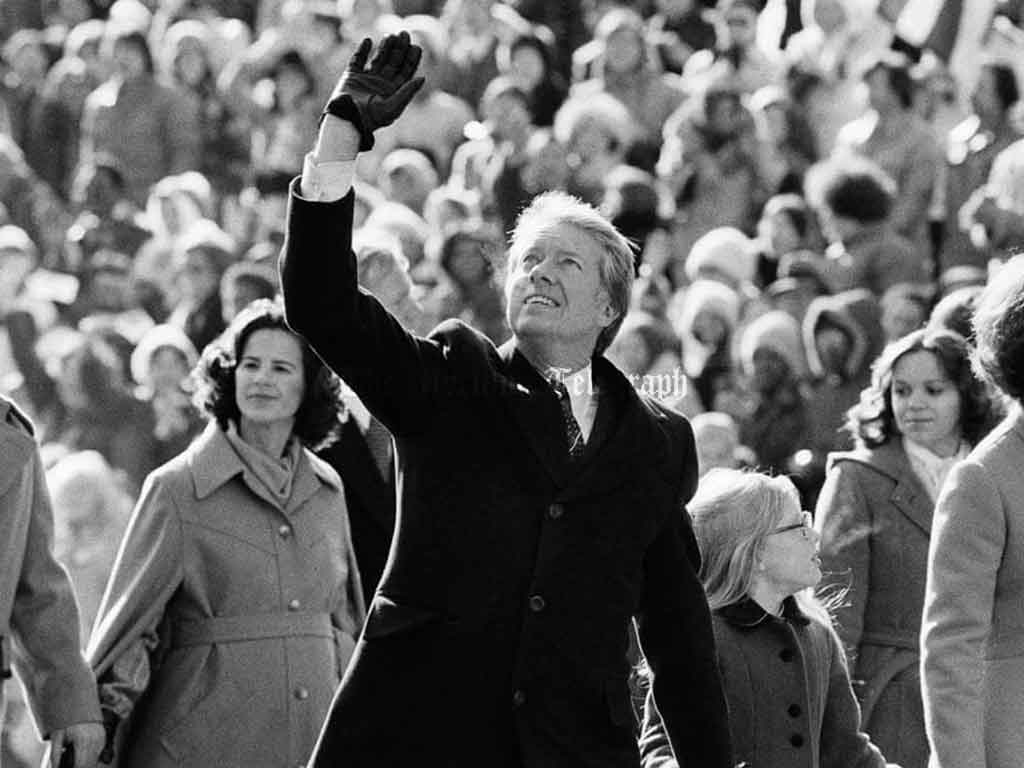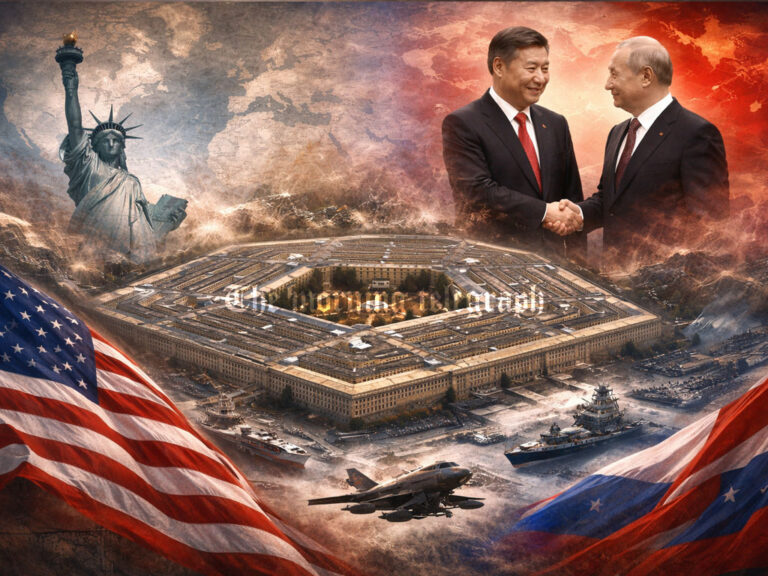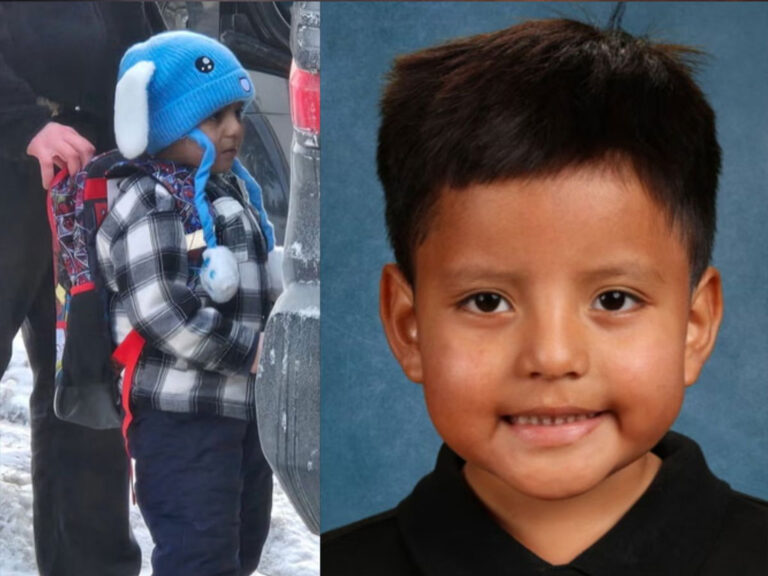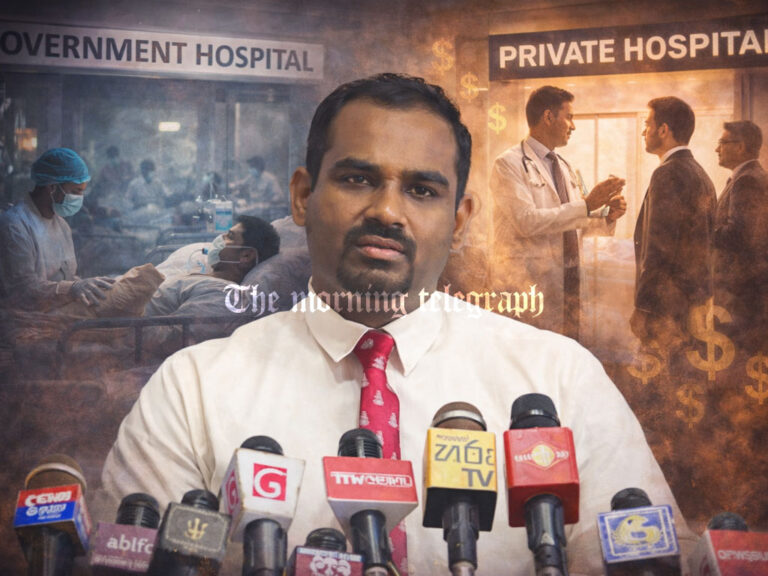
Jimmy Carter, the 39th president of the United States, Nobel Peace Prize laureate, and lifelong advocate for peace and human rights, passed away at the age of 100. Known for his unwavering commitment to global betterment and moral leadership, Carter’s legacy is marked by his dedication to service both in and out of office.
Carter, born James Earl Carter Jr., was raised in the small town of Plains, Georgia. After graduating from the US Naval Academy and serving as a Navy lieutenant, he returned home to take over the family peanut farming business following his father’s death. His early political career saw him elected to the Georgia State Senate and later the governorship in 1970, where he worked to lead the state beyond the era of racial segregation.
Elected president in 1976, Carter entered the White House as a political outsider in the aftermath of Watergate, promising honesty and accountability. His single term in office, from 1977 to 1981, was marked by both notable achievements and significant challenges.
Among his successes, Carter brokered the landmark Camp David Accords in 1978, securing a peace treaty between Egypt and Israel that remains a cornerstone of Middle Eastern diplomacy. He also championed the Panama Canal Treaty, returning control of the canal to Panama, and was an early advocate for renewable energy, installing solar panels on the White House. However, his presidency was plagued by economic struggles, including high inflation and unemployment, and a protracted energy crisis that strained the country. The Iran hostage crisis, in which 52 Americans were held captive for 444 days, dominated his presidency’s final year and contributed to his electoral defeat by Ronald Reagan in 1980.
Despite his political setbacks, Carter’s post-presidential years proved transformative. He founded the Carter Center in 1982 with his wife, Rosalynn, to advance global health, democracy, and human rights. The center’s work eradicated diseases like Guinea worm and river blindness, improved election transparency in dozens of countries, and promoted peace initiatives worldwide. In recognition of his efforts, Carter was awarded the Nobel Peace Prize in 2002 for his “decades of untiring effort to find peaceful solutions to international conflicts.”
Carter was also a prolific author, writing extensively on his political career, faith, and visions for peace, including his controversial book Palestine: Peace Not Apartheid. His candid views on the Israeli-Palestinian conflict earned him both admiration and criticism. Throughout his life, he remained a vocal critic of US military interventions and a proponent of nonviolent solutions to global crises.
Carter’s personal life was defined by his deep faith and his 79-year marriage to Rosalynn Carter, whom he called his greatest supporter. The couple, who married in 1946, raised four children and shared a devotion to humanitarian causes, including their hands-on work with Habitat for Humanity, building homes for the underprivileged.
Rosalynn passed away in November at the age of 96, just days after entering hospice care. Carter, who had been in hospice since February, spent his final months surrounded by family at their home in Plains. Despite his declining health, he remained a symbol of resilience and humility, with his grandson Jason Carter noting earlier this year that he was “experiencing the world as best he can.”
Public observances to honor Carter’s life are planned in Atlanta and Washington, D.C., followed by a private burial in Plains. His state funeral will reflect his enduring message of unity, peace, and the power of service.
Carter’s legacy as a president, humanitarian, and moral leader endures as a testament to the values of compassion, humility, and hope.




